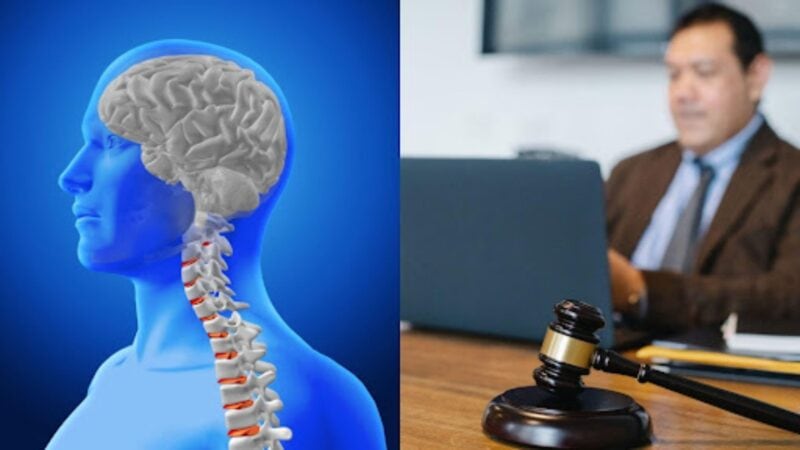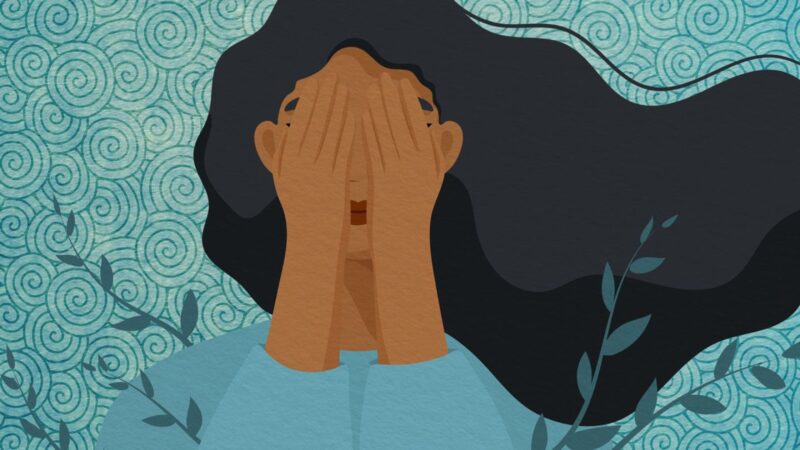What Is Depression? Is Depression Genetic?
It is never easy to live with depression or even witness a loved one grapple with it. Depression, also known as clinical depression or major depressive disorder, is a psychiatric disorder that impacts mental health.
It invariably creates persisting periods of hopelessness, loss of interest and motivation, and sadness. Frequent questions include “Is clinical depression genetic?” Yes- it is possible. Read on to find out more.
Depression: A Deeper Insight
People commonly confuse depression with simple sadness. It is a misconception. While sadness is an emotion, depression is a state of mind. It affects overall health, behavior, and mood. It has also been linked to single genetic variations.
Depression can cause differences in appetite- perhaps eating too little or overeating. It can also alter sleeping patterns, either causing insomnia or susceptibility to long hours of sleepiness.
Lethargy, mental fatigue, lack of concentration, and other ailments often accompany these changes. Primarily, depression is a mental illness. However, it is pertinent to know that it can have physical effects as well. These include headaches, inexplicable aches, dulling of reflexes, or digestion issues.
Depression is a heartbreaking illness to live with or witness. It is seldom uncommon for a person with depression to feel detached from life, with no will to live. They may find it challenging to go about their daily lives or perform necessary tasks.
The Causes Of Depression
It is rather challenging to pinpoint a single reason for depression. Depression is not always a single mental illness- several other disorders can revolve around it. Is depression genetic? Read on to learn more.
Various health conditions are tightly packed with depression. These involve dysthymia, seasonal affective disorder, and perinatal or postpartum depression. Bipolar disorder, another mental disease, involves manic and depressive episodes.
Environmental or non-genetic factors play a critical role in the overall mental state of a person. The environment an individual grows up in and experiences can cause depression.
Traumatic or stressful events in life, such as the death of a loved one or abuse, are significant factors that can cause depression. A sudden and unsolicited change in comfort levels and surroundings also has the power to trigger depression.
Physical diseases can induce depression, as well. Patients of diseases like cancer, chronic pains, and Parkinson’s disease are highly likely to develop this mental illness in some form or the other.
Is Depression Genetic?
Common questions people ask include “Is clinical depression genetic?” According to researchers, about 40% of the total cases of depression occur due to genetic factors. New findings in this field have revealed a gene- chromosome 3p25-26- prevalent in numerous families with recurring depression.
Scientists agree that depression often runs in families- implying that it can be genetic or hereditary. The research in this sector is relatively new, and very little concrete information is available today. Slight differences in several genes can come together to cause depression.
There is another familial aspect to consider when it comes to depression. If a child or even an adult lives in an environment with a depressed parent or sibling, they will carry a high risk of developing the disease.
They are almost three times more susceptible to have the condition. Often, it is due to a mimicry of the behavior or demeanor of a depressed parent. Desensitization towards depression from a young age can also increase the risk of a child developing it.
There are innumerable genetic disorders in biology. Several of these genetic disorders may have effects that can give rise to depressive states. In this sense, depression turns out to be a disease linked to genetics instead of rising from it. Single genetic variations come into play too.
An imbalance in serotonin, the chemical that causes people to feel good, is connected to depression.
To Sum Up
If you suffer from depression or know someone who does, you may be wondering if it is curable. Unfortunately, there is no single solution or response to this. Depression is an innately complicated condition with no concrete paths towards a cure. However, it is possible to treat this mental illness.
There are various medications that a medical professional can prescribe to help cope with depression. The most effective way to deal with depression is approaching a therapist or psychologist. Everyone deserves to feel happy- if you are struggling with depression or know someone who is, seek professional help.

We are an independent blogger and admin of DeepAdvices who is exploring the beauty of the blog writing from a variety of subjects and books to health, science and others. She believes the blog would be helpful to the reader in the context of knowledge.





